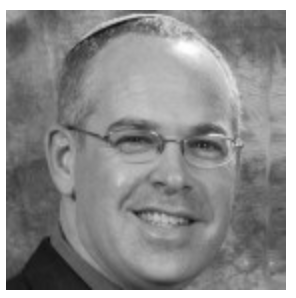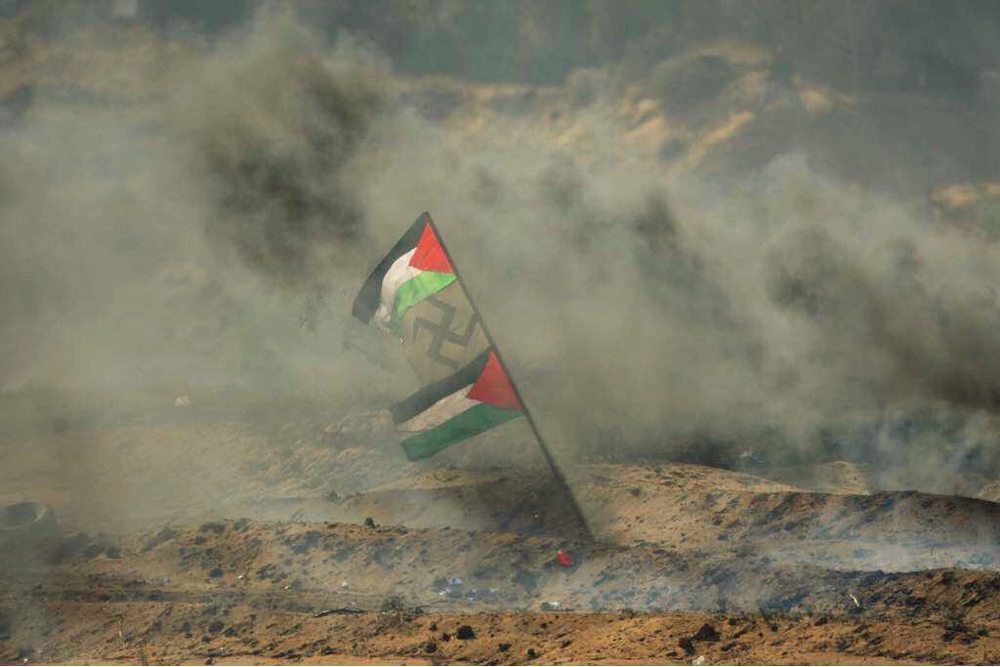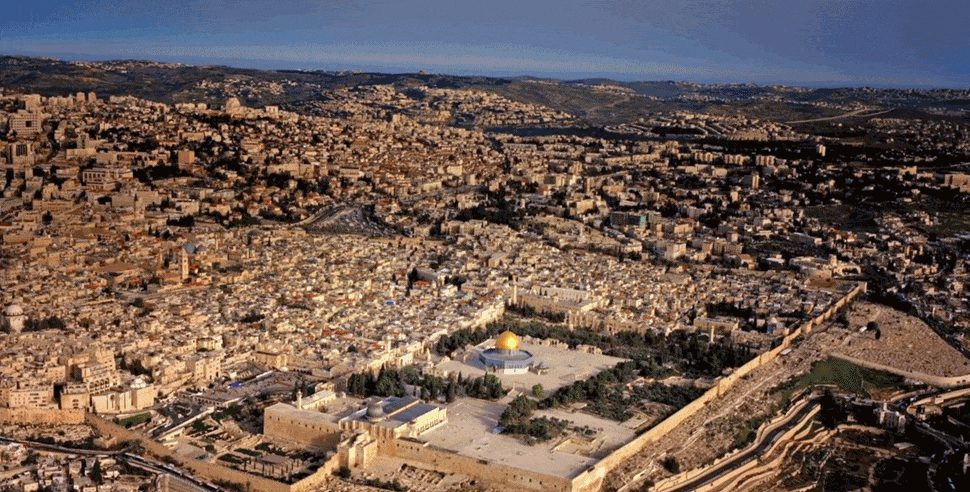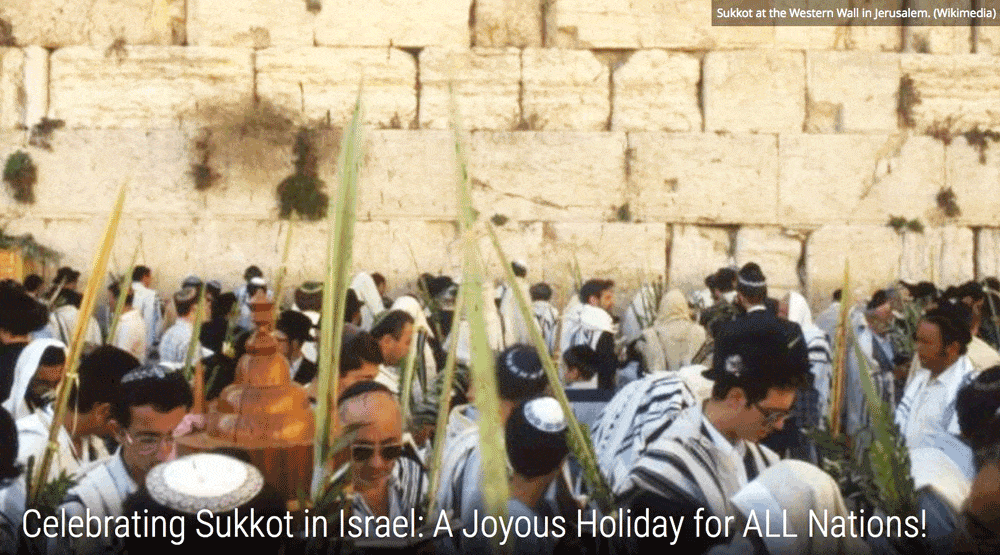By Jonathan Feldstein
Growing up in the 1970s I viewed Egyptians, and indeed most Arabs, as enemies. My father was Israeli and I knew full well that since he was a child, Israel waged an endless battle to preserve its independence in the face of Arab hostility. This became all the more so after the 1973 Yom Kippur War when, albeit that Israel won, the notion that Egypt and Syria would attack Israel on the holiest and most sacred day of the Jewish calendar underscored their ultimate intentions. The university town in which I grew up was a magnet for intellectuals and scientists and I remember having an Egyptian girl Nahla, in my class in 5th grade. I viewed her with distrust despite the fact that we were only 10.
My perception began to change in the late 70s when I met Arab relatives who were lovely (that’s another long story), and when Israel and Egypt signed a peace agreement in 1979. Albeit in suburban NJ, my father was in his glory seeing a light at the end of the tunnel at least with the largest and most powerful Arab country ending its state of war with Israel. Of course Israel hasn’t known a day of peace since then, with all but one other Arab country still being at war with us, but it was and remains a point for optimism and gratitude.
Over the years, I have gotten to know Arabs in a variety of settings. I have worked for and with Arabs, hired Arabs to work for me, and befriended many. Living in the Judean Mountains south of Bethlehem, I interact with Arabs almost daily. I’m both older and more mature now, and know that not all Arabs are bad, not all want to kill us, and many want to live in peace with us. But unfortunately, many still don’t.
Not a week (perhaps a day) goes by when some Israeli family is not observing the anniversary of the death of a loved one, killed in war or terrorism. We have lost about 24,000 people since Israel was reborn, about one a day since May 1948. This week, one of the biggest collective national traumas will be revisited in the anniversary of the Yom Kippur War. Thousands of Israelis were killed. “Children” my age have grown up without fathers for the last four decades. Despite the time that’s past, the national trauma is made up of tens of thousands of personal losses. As Israelis flock to military cemeteries to remember their husbands, brothers, sons and fathers this week, old wounds will be opened and decades past will flash back to the 1970s, remembering those lost, for those old enough to remember.
In the ensuing years since Israel and Egypt made peace, there’s also been some degree of reconciliation. I’ve heard of many accounts of “reunions” of veterans of the Yom Kippur War from both sides, where once enemies on opposite sides of a bloody battlefield have embraced and put the past in the past. Sometimes they bring their children or grandchildren to show hope for the future.
Recognizing the grief that was being felt by thousands who lost a loved one in Israel’s most recent war, I launched a project this summer to receive prayers for the bereaved families. Prayers came from 44 US states and 45 countries. Among the most outstanding was the prayer received from a friend in Egypt, a Moslem peace activist. https://www.afmda.org/Egyptian-Peace
Ahmed Meligy’s impassioned prayer underscored the notion of reconciliation. We’re too young to remember the trauma of the 1973 war vividly and personally, but I couldn’t help hear in his words echoes of some of the reconciliation about which I have read over these past decades. It’s hopeful, and inspiring. It’s brave, and I even expressed my concern for him and his safety in participating in this prayer project.
Having a prayer from an Egyptian Moslem for bereaved Israeli families, for Israel in general, and indeed all the Jewish people is a bright ray of hope in a region that’s so dark from which millions are fleeing. That’s especially so this week, during the Ten Days of Repentance, the most sacred season on the Jewish calendar, and especially with Yom Kippur upon us, our most solemn day of the year, but also the anniversary of the beginning of the war that left more than 2600 dead and more than 11,000 wounded.
There’s more than enough hate and violence to go around, but listening to Ahmed’s words is inspiring. He is part of the process of healing, reconciliation and indeed peace. Similarly, Heart to Heart gives hope and comfort, of course for all Israeli Jews whether the victim of a terrorist attack or heart attack. (www.saving-lives-in-israel.org) But by supporting Israel’s national ambulance, EMS and blood service, Heart to Heart also helps Israeli Arabs, Syrian Arabs injured in their own civil war, Palestinian Arabs suffering disease or requiring all kinds of medical attention, even terrorists who have committed bloody attacks against Israeli Jews.
Some might say this is crazy, but the affirmation of the sanctity of life that too many of our neighbors don’t respect, does indeed provide comfort, healing and reconciliation. It’s impossible to reconcile the hate with which so many Palestinian Arabs are raised and the fact that as many as a dozen Palestinians from Gaza alone are treated with care, respect and outstanding medical attention that Israel’s national ambulance, EMS and blood service are known for.
Ahmed’s message and that of Heart to Heart are ones of shared humanity. When I first received his prayer, I listened while driving and was stirred both by his words, but also by the background music. It struck me because it’s a familiar Jewish prayer, but one that is relevant to all humanity exalting God, the creator of the universe.
God is the Lord of all creation
Blessed and praised is He by every soul
His greatness and goodness fill the universe
Knowledge and wisdom surround Him
He is exalted above the celestial beings
And adorned in glory above the chariot
Purity and justice stand before His throne
Kindness and mercy are in His glorious presence
Good are the luminaries which our God created,
made with knowledge, wisdom and insight
He placed in them energy and power
To have dominion over the world
Full of splendor they radiate brightness;
Beautiful is their brilliance throughout the world
They rejoice in their rising and exult in their setting
performing with reverence the will of their Creator
Glory and honor do they give to His name,
And joyous song to His majestic fame
He called forth the sun, and it shone;
He saw fit to regulate the form of the moon
All the hosts of heaven give Him praise;
All the celestial beings attribute glory and grandeur.
Ahmed Meligy’s message is simple and should be shared widely in the hope that it will inspire others, https://www.afmda.org/Egyptian-Peace. It’s especially relevant the week of Yom Kippur, a time of healing for tens of thousands of veterans and bereaved families but also as, according to Jewish tradition, we honor and worship God in whose hands all our fate rests, and whose creation honors Him.







Leave A Comment